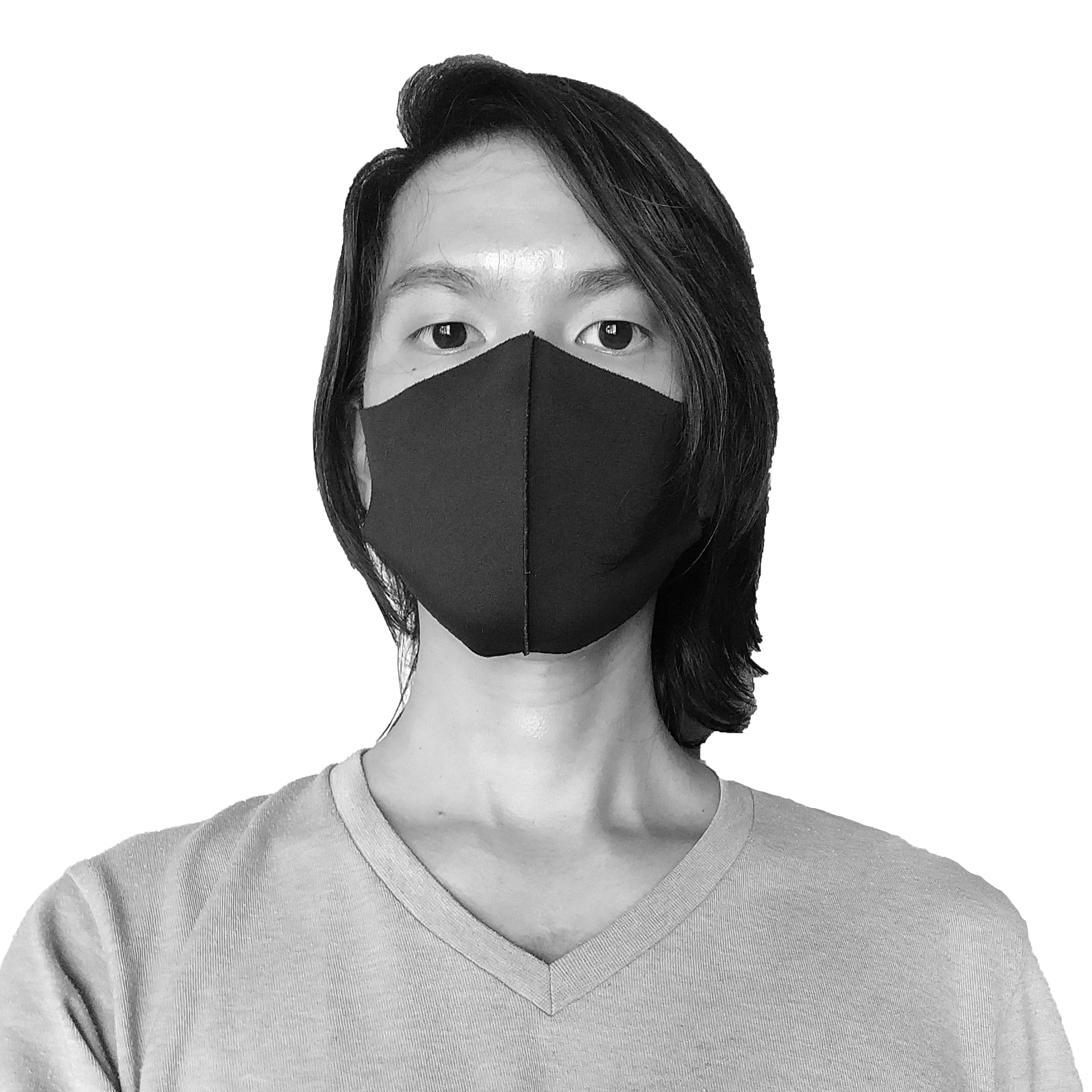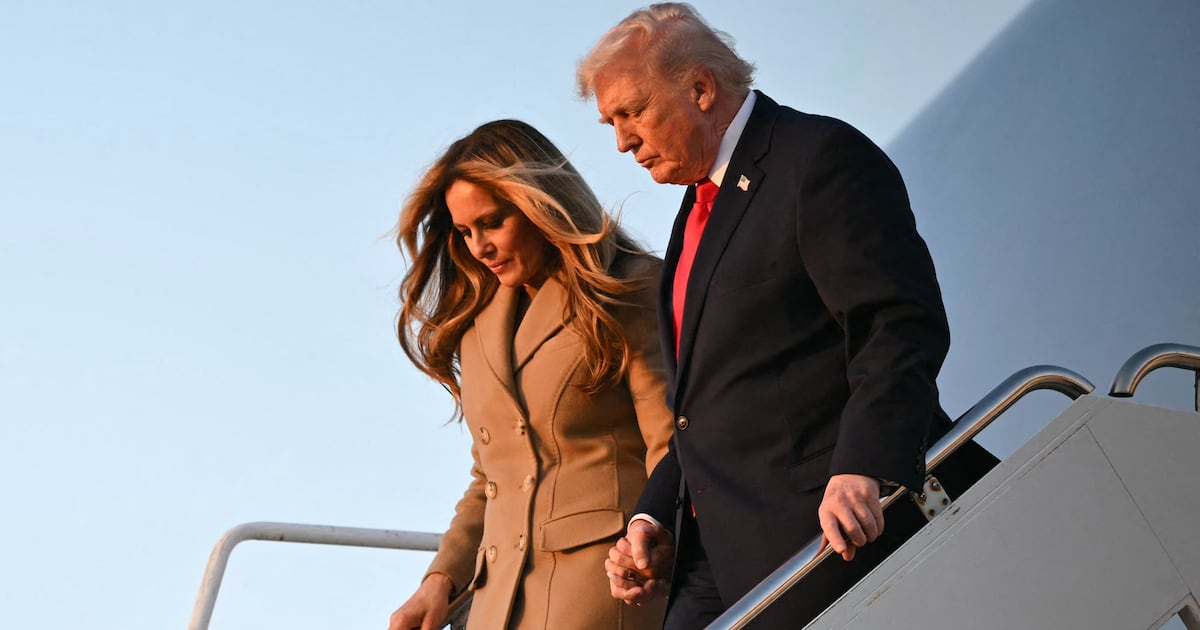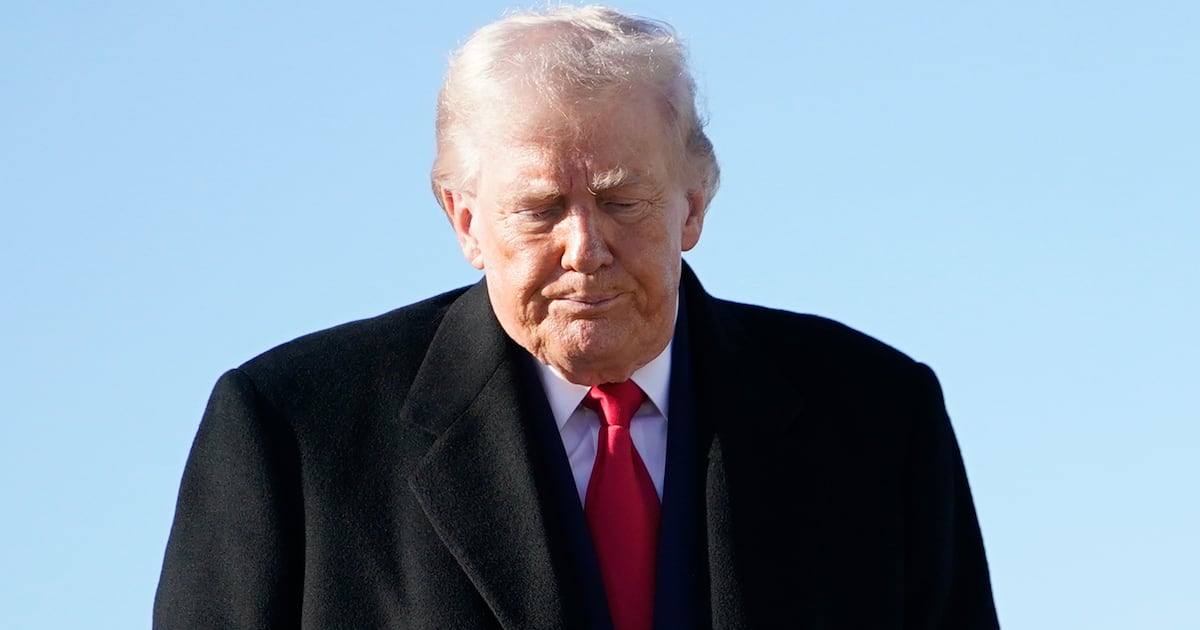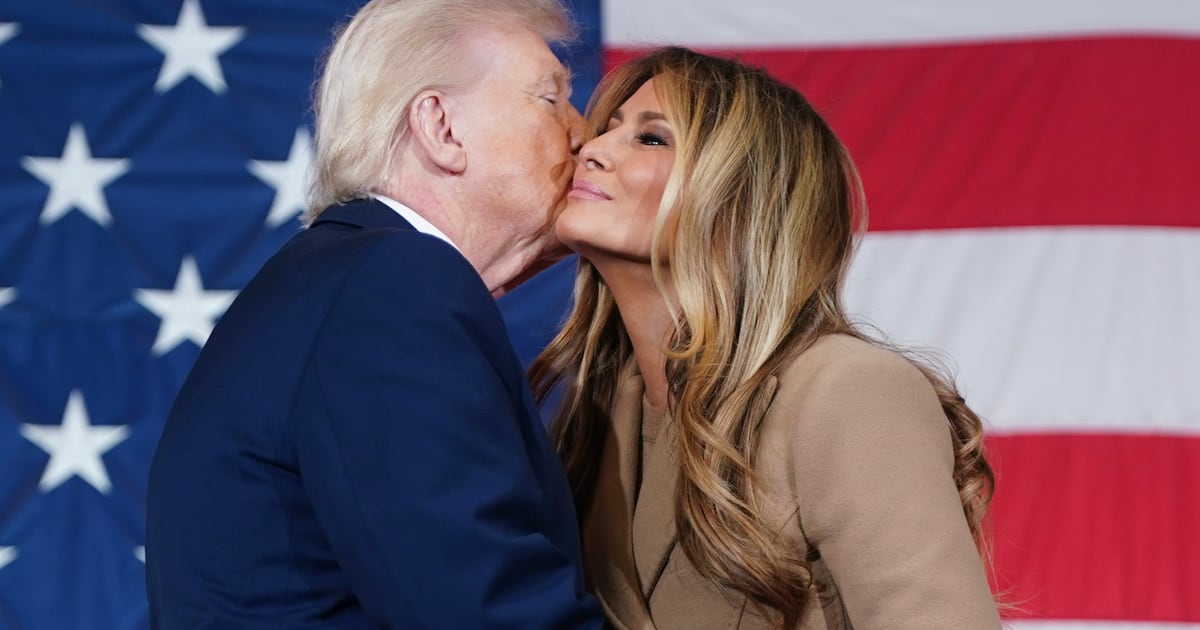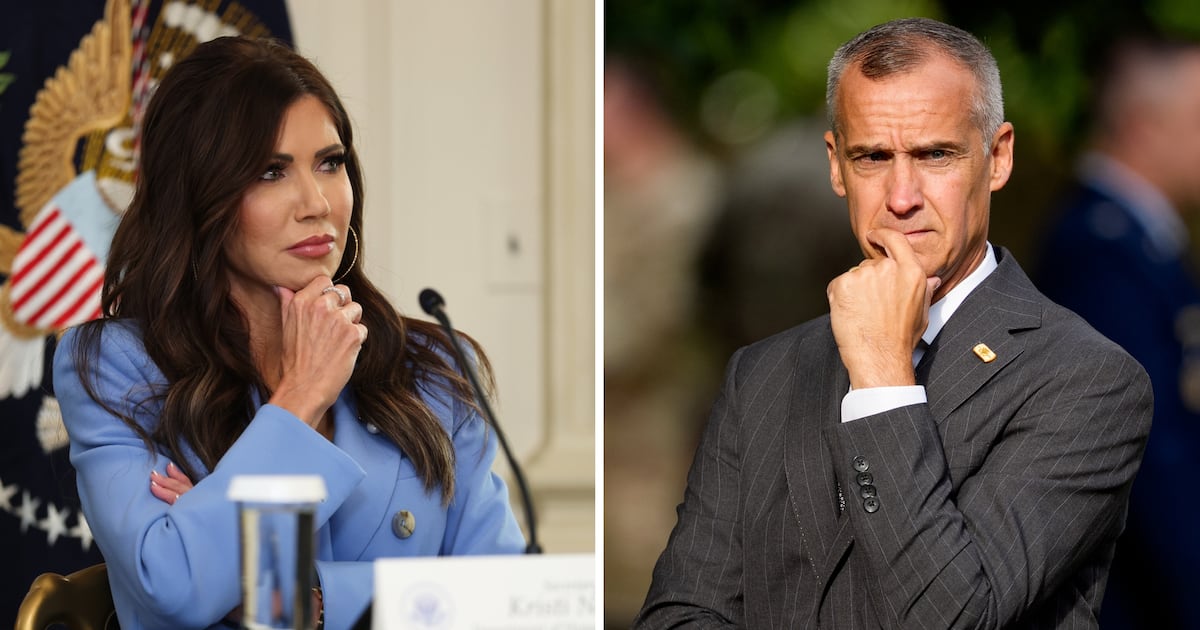HONG KONG — Twenty-six years ago, soldiers of China’s People’s Liberation Army gunned down unarmed students in Beijing’s Gate of Heavenly Peace. The nation, and much of the world, was stunned as tanks rolled through the capital’s wide boulevards. It was May 35.
The date is not a typo—it is a code that means June 4, meant to circumvent the Chinese government’s censorship of all mentions of Tiananmen Square.
The censorship doesn’t stop students like Samuel Cai from learning more about that fateful day. Cai is originally from Tianjin in Mainland China, but has been studying in Hong Kong for a few years. He’s witnessed how things are different from Mainland China—there is much more space for expression and protest. An annual vigil for the June 4 Incident takes place in Causeway Bay’s Victoria Park, a frequent rallying point for marches in the city. In recent years, attendance has been massive (here are photographs from the vigils that took place in 2009, 2011, and 2014). The quiet act of standing shoulder to shoulder after dusk and raising lit candles is one of the most politically charged acts that many Hongkongers commit to each year, and it’s a sting in Beijing’s eyes.
In Mainland China, all information on Tiananmen Square is restricted by strict censorship and revisionist history from the Chinese Communist Party (CCP). While the average educated Chinese citizen might know that something very bad happened in Beijing 26 years ago, a detailed timeline and knowledge aren’t part of the collective consciousness. The truth seeps through cracks in the border, literally, via smuggled USB sticks preloaded with relevant documents compiled by the June 4 Museum, banned books sold in specialty bookstores, or access provided by VPNs.
Mentioning what happened in Tiananmen Square 26 years ago brings out the Party’s ugly tendencies. Activists are jailed with vague charges, or placed under house arrest ahead of the anniversary. Each year in late May and early June, soldiers and plainclothes police officers flood the streets of Beijing to prevent possible commemorative acts. If spotted, foreign media are prevented from doing their jobs, or even detained by Chinese security personnel.
So what does it mean when someone from Mainland China settles in Hong Kong and sees the scale of the Tiananmen vigils in Victoria Park?
“My parents used to tell me that they don’t want me to be at Victoria Park on June 4. They worried that I would get in trouble if a photograph of me is printed in a newspaper or posted online,” says Cai. “But I went anyway, and it was an amazing adventure.”
Cai sees the annual gathering as something more than a commemoration. For him, it is also a communal experience, something that brings together people in Hong Kong. “It was like being part of the opening ceremony of the Beijing Olympics,” he said, “but much more meaningful.”
Critics of the Victoria Park vigil call it ritualistic, or even a pop protest that carries no political significance. But for Cai and his cohorts, a few hours as part of the crowd carries an emotional impact greater than any action they have been part of in Mainland China.
“It’s something that people in Hong Kong sometimes take for granted,” Cai said, “but being able to speak up freely is a rare thing. In a way, I’m learning more about my country by stepping beyond my homeland.”
Last month, a handful of Chinese students scattered across the US penned an open letter to their counterparts in Mainland China. They shared how they were able to “access photos, videos, and news, and listen to the accounts of survivors [of the Tiananmen crackdown], unfettered,” only because they left China. The CCP mouthpiece, Global Times, fired back with characteristic drivel, stating that “hostile forces” are influencing Chinese youth, and that “it’s well-known that Internet censorship cannot prevent people acquiring sensitive information from overseas websites.”
Cai isn’t as outspoken as the signatories to the open letter, but he will still be returning to Victoria Park this Thursday evening. He said, “It takes a nation to admit national mistakes. I hope that more can make the first step here, just as I did. There is something mystical when we light our candles and share our flames. It is knowledge spreading like wildfire.”
